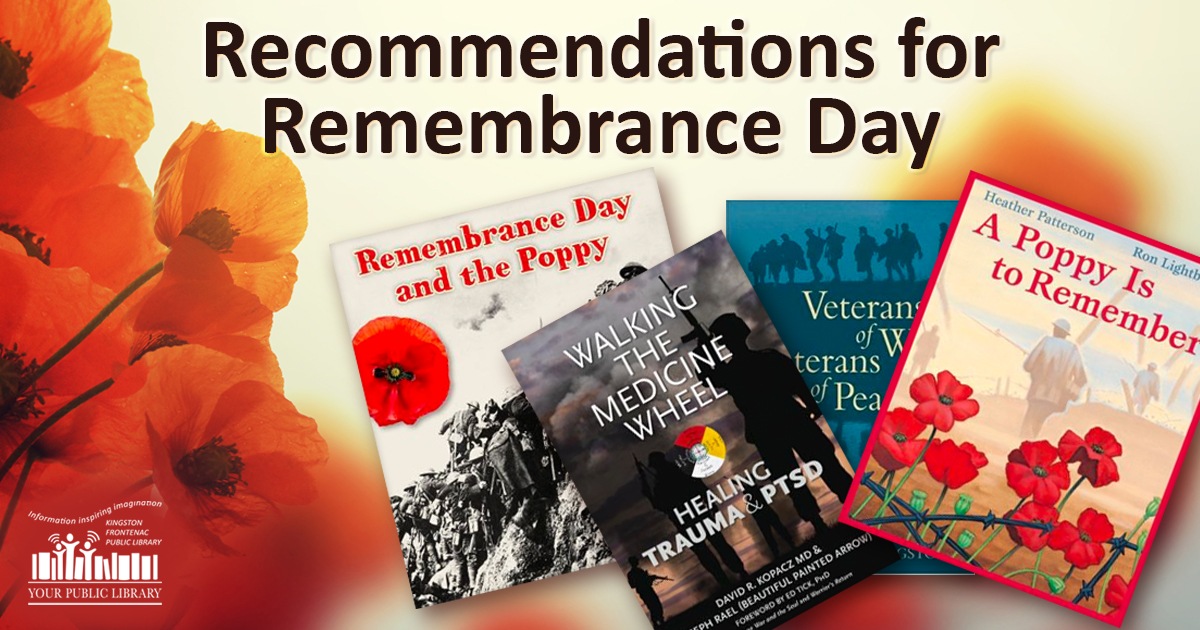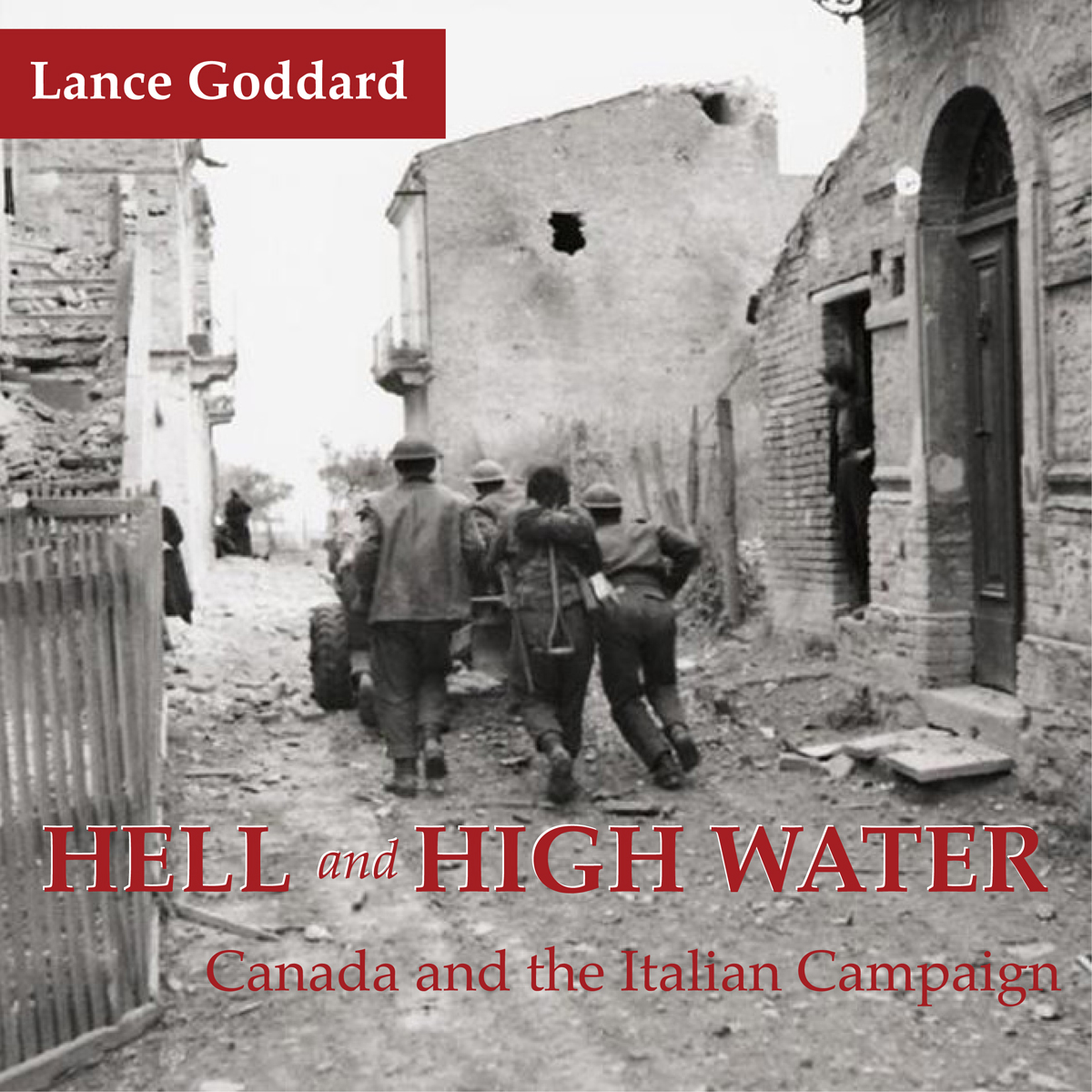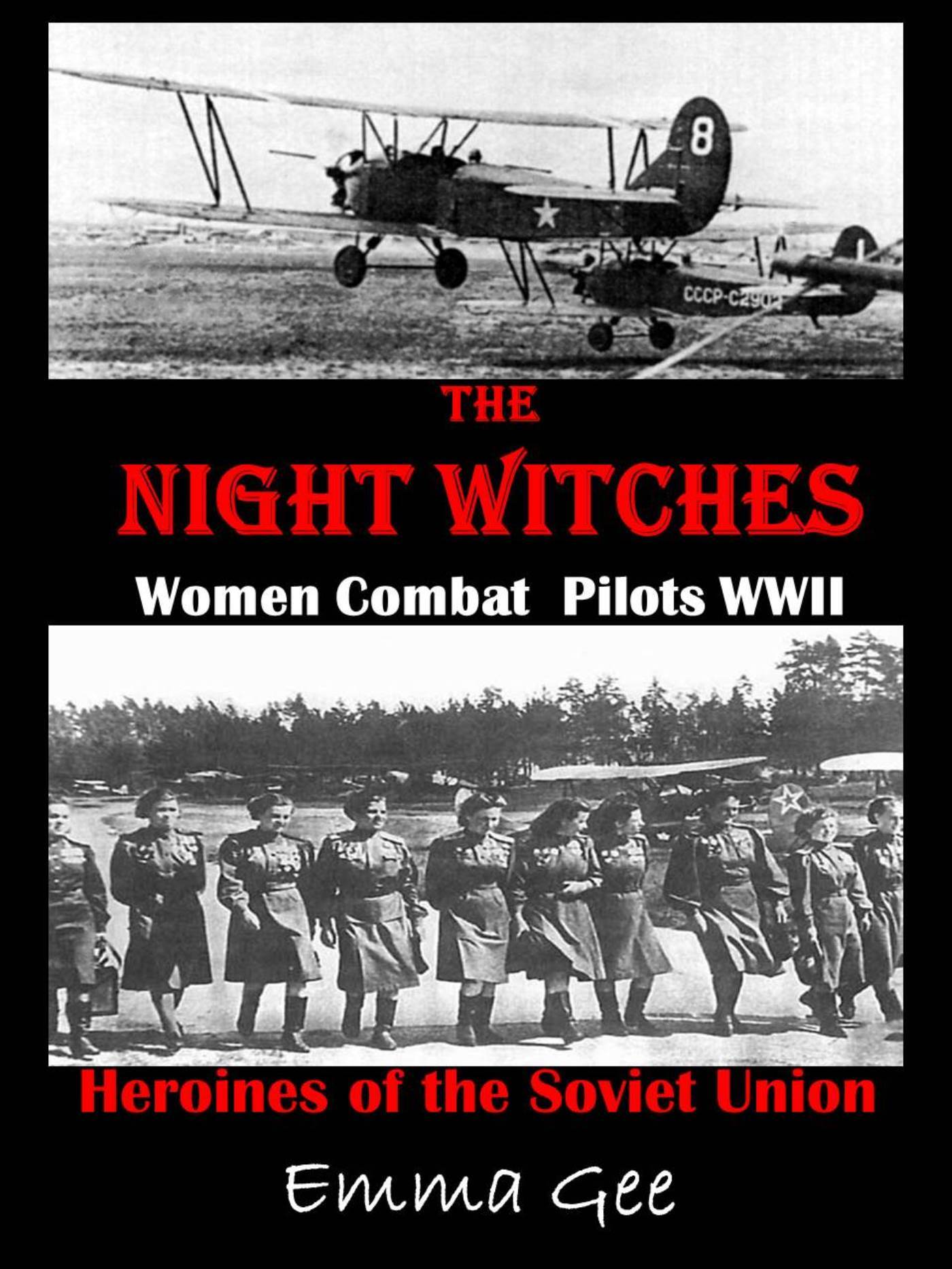
Every year, at the eleventh hour of the eleventh day of the eleventh month, we gather to remember and honour everyone who has fallen in the service of their country, and to acknowledge the courage of those who still serve. These materials give context to the significance and importance of this day, and Canada's military history.
Remembrance Day and the Poppy by Helen Cox-Cannons
Find out why we wear poppies on Remembrance Day. Who are we remembering and why? This book brings the story of the poppy to life, showing how it was first used as a symbol of remembrance and how soldiers are remembered all over the world. Ages 5-7.
Veterans of War, Veterans of Peace by Maxine Hong Kingston
This poignant collection, compiled from the author’s healing workshops, contains the distilled wisdom of survivors of five wars, including combatants, war widows, spouses, children, conscientious objectors, and veterans of domestic abuse. Veterans of War, Veterans of Peace includes accounts from people that grew up in military families, served as medics in the thick of war, or came back to homelessness.
A Poppy is to Remember by Heather Patterson
With soothing words and illustrations aimed specifically at younger readers, children will learn how the bright red poppy became the symbol for honouring those who fought for freedom. Ages 6-8.
Walking the Medicine Wheel: Healing Trauma & PTSD by David R. Kopacz, Joseph Rael
Authors Kopacz and Rael present how to use the circular pathway of the medicine wheel to re-train the nervous system of our returning veterans suffering from trauma and post-traumatic stress disorder.
Joyeux Noël (film) by by Christian Carion
An account of the spontaneous Christmas Eve truce declared by British, French, and German troops in the trenches of World War I, when enemies put down their weapons for one night and banded together in brotherhood.
Unflinching: The Making of a Canadian Sniper by Jody Mitic and Perry Lefko
Elite sniper Jody Mitic loved being a soldier. His raw, candid, and engrossing memoir follows his personal journey into the Canadian military, through sniper training, and firefights in Afghanistan, culminating on the fateful night when he stepped on a landmine and lost both of his legs below the knees.
Every Day is a Gift: A Memoir by Tammy Duckworth
In Every Day is a Gift, Tammy Duckworth takes readers through the amazing -- and amazingly true -- stories from her incomparable life. In November of 2004, an Iraqi RPG blew through the cockpit of Tammy Duckworth's U.S. Army Black Hawk helicopter. The explosion, which destroyed her legs and mangled her right arm, was a turning point in her life. But as Duckworth shows, that moment was just one in a lifetime of extraordinary turns. The biracial daughter of an American father and a Thai-Chinese mother, Duckworth faced discrimination, poverty, and the horrors of war -- all before the age of 16.
Testaments of Honour: Personal Histories from Canada's War Veterans by Blake Heathcote
Blake Heathcote brings together stirring and fascinating first-hand accounts from the Canadian military personnel who fought in the Second World War. Each interview in Testaments of Honour: Personal Histories of Canada’s War Veterans begins with the question: “Why did you go?” In answering this question, history comes alive in the words and memorabilia of the veterans themselves, and through then-and-now photographs.
Storm of Steel by Ernst Jünger
In one of the greatest war memoirs ever written, an ordinary German soldier recalls the horror and bloodlust of combat on the Western Front with brutal, unflinching candour and stark simplicity.
The Vimy Trap or, how we Learned to Stop Worrying and Love the Great War by Ian McKay and Jamie Swift
The story of the bloody 1917 Battle of Vimy Ridge is, according to many of today's tellings, a heroic founding moment for Canada. This noble, birth-of-a-nation narrative is regularly applied to the Great War in general. Yet this mythical tale is rather new. "Vimyism" -- today's official story of glorious, martial patriotism --contrasts sharply with the complex ways in which veterans, artists, clerics, and even politicians who had supported the war interpreted its meaning over the decades.
Civilianized: A Young Veteran's Memoir by Michael Anthony
After twelve months of military service in Iraq, Michael Anthony stepped off a plane, seemingly happy to be home -- or at least back on US soil. He was 21 years old, a bit of a nerd, and carrying a pack of cigarettes that he thought would be his last. Two weeks later, Michael was stoned on Vicodin, drinking way too much, and picking a fight with a very large Hell's Angel. At his wit's end, he came to an agreement with himself: if things didn't improve in three months, he was going to kill himself. Civilianized is a memoir chronicling Michael's search for meaning in a suddenly destabilized world.
The Forever War by Dexter Filkins
New York Times correspondent Dexter Filkins's work in Iraq was hailed by David Halberstam as reporting of the highest quality imaginable. Now, through Filkins's eyes, we witness the chain of events that began with the rise of the Taliban in the 1990s, led to the attacks of 9/11, and culminated in the wars in Afghanistan and Iraq. Filkins's camera moves across a vast and various landscape of amazing characters and astonishing scenes: deserts, mountains, and streets of carnage; a public amputation performed by Taliban; the days and nights of 9/11 rescue workers.
Shake Hands with the Devil: The Failure of Humanity in Rwanda by Roméo Dallaire
Serving in Rwanda in 1993, LGen. Roméo Dallaire and his small peacekeeping force found themselves abandoned by the UN in a vortex of civil war and genocide. With meagre resources to stem the killing, General Dallaire was witness to the murder of 800,000 Rwandans in a hundred days, and returned home broken, disillusioned and suicidal. Shake Hands with the Devil is his return to Rwanda. The eBook is also available.
Hell and High Water by Lance Goddard
Although it has been overshadowed by other events of the Second World War, Canada’s role in the Italian Campaign, from 1943 to 1945, was significant. Canadian forces played a major role in this campaign, whose goal was to open a second front in order to ease the pressure on Russian forces in the east. Canada fought under British command alongside British and American units, but our soldiers saw some of the fiercest fighting and achieved glory many times, including at the Battle of Ortona, one of Canada’s greatest military accomplishments.
Pegahmagabow: Legendary Warrior, Forgotten Hero by Adrian Hayes
This is the story of Francis Pegahmagabow who was the most decorated soldier of the First World War. Afterwards, Pegahmagabow settled into civilian life and eventually became involved in politics and the movement for Indigenous rights.
Showa, 1939-1944: A History of Japan by Shigeru Mizuki
This volume covers the final moments of the lead-up to World War and the first few years of the Pacific War, and is a chilling reminder of the harshness of life in Japan during this highly militarized epoch. This is volume II of Shigeru Mizuki’s Showa series.
The Whispering Town by Jennifer Riesmeyer Elvgren and Fabio Santomauro
In Denmark during World War II, young Annet, her parents, and their neighbours help a Jewish family hide from Nazi soldiers until it is safe for them to leave Annet's basement.
The Guns of August: The Outbreak of World War I by Barbara W. Tuchman
Renowned historian Barbara W. Tuchman re-creates the first month of World War I: thirty days in the summer of 1914 that determined the course of the conflict, the century, and ultimately our present world. Beginning with the funeral of Edward VII, Tuchman traces each step that led to the inevitable clash. And inevitable it was, with all sides plotting their war for a generation.
Army of Empire: The Untold Story of the Indian Army in World War I by George Morton-Jack
While their story is almost always overlooked, the 1.5 million Indian soldiers who served the British Empire in World War I played a crucial role in the eventual Allied victory. Despite their sacrifices, Indian troops received mixed reactions from their allies and their enemies alike-some were treated as liberating heroes, some as mercenaries and conquerors themselves, and all as racial inferiors and a threat to white supremacy. Yet even as they fought as imperial troops under the British flag, their broadened horizons fired in them new hopes of racial equality and freedom on the path to Indian independence.
A Woman of No Importance: The Untold Story of the American Spy who Helped Win WWII by Sonia Purnell
The never-before-told story of one woman's heroism that changed the course of the Second World War In 1942, the Gestapo sent out an urgent transmission: "She is the most dangerous of all Allied spies. We must find and destroy her." This spy was Virginia Hall, a young American woman -- rejected from the foreign service because of her gender and her prosthetic leg -- who talked her way into the spy organization dubbed Churchill's "ministry of ungentlemanly warfare," and, before the United States had even entered the war, became the first woman to deploy to occupied France.
The Night Witches: Russian Combat Pilots in WWII -- Heroines of the Soviet Union by Emma Gee
Eager young Russian women pilots, some of them still teenagers, fearlessly fly night bombing missions at the Russian front. At first, the Russian Military turned away the young female volunteers, telling them to go home and help their mothers, but as the German invasion of Russia progresses, they accepted the female pilots to train as combat pilots. As the war rages on, the courageous women demonstrate their resolve, their male counter parts respectfully refer to the highly decorated airwomen of the night bomber regiment as their "brave little sisters."
The Unwomanly Face of War: An Oral History of Women in World War II by Svetlana Aleksievich, Richard Pevear and Larissa Volokhonsky
War's Unwomanly Face is Svetlana Alexievich's collection of stories of women's experiences in World War II, both on the front lines, on the home front, and in occupied territories. This is a new, distinct version of the war we're so familiar with. Alexievich gives voice to women whose stories are lost in the official narratives, creating a powerful alternative history from the personal and private stories of individuals.
Ghost Flames: Life and Death in a Hidden War, Korea 1950-1953 by Charles J. Hanley
In Ghost Flames, Charles Hanley adds new color and urgency by telling the history of the war through the eyes of twenty one individuals --- soldiers and civilians, male and female, young and old, witnesses both to atrocity and to heroism. The narrative unfolds in interwoven episodes, month by month, from the hilltop trench lines, the refugee camps and the prisoner-of-war camps.
Far Eastern Tour: The Canadian Infantry in Korea, 1950-1953 by Brent Byron Watson
Brent Watson tells the story of the Korean War from the perspective of Canadian soldiers. Dealing with the fiasco surrounding recruitment, a training regime inappropriate for the war they were to fight, and the stark living and combat conditions the soldiers faced, Watson examines the human consequences of an Army that was totally unprepared for service in the Far East.
Auschwitz: A New History by Laurence Rees
Auschwitz-Birkenau is the site of the largest mass murder in human history. Yet its story is not fully known. In Auschwitz, Laurence Rees reveals new insights from more than 100 original interviews with Auschwitz survivors and Nazi perpetrators who speak on the record for the first time. Their testimonies provide a portrait of the inner workings of the camp in unrivalled detail -- from the techniques of mass murder, to the politics and gossip mill that turned between guards and prisoners, to the on-camp brothel in which the lines between those guards and prisoners became surprisingly blurred.
Survivors of the Holocaust: True Stories of Six Extraordinary Children by Heinz Skyte, Kath Shackleton and Zane Whittingham
This important and moving graphic novel chronicling how six children survived the Holocaust is a timely reminder of the horrors that can be inflicted on innocent people. Ages 10-14.































